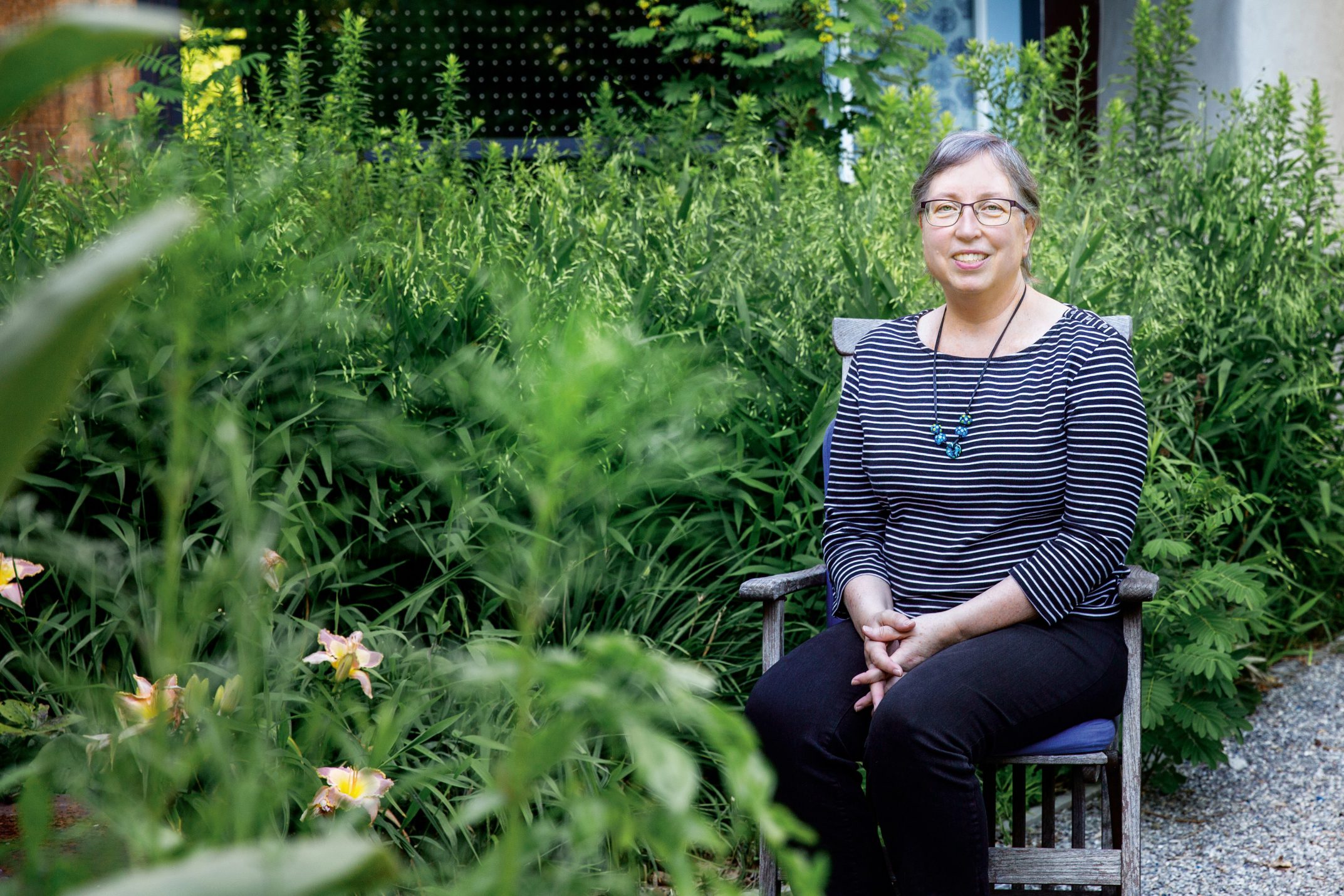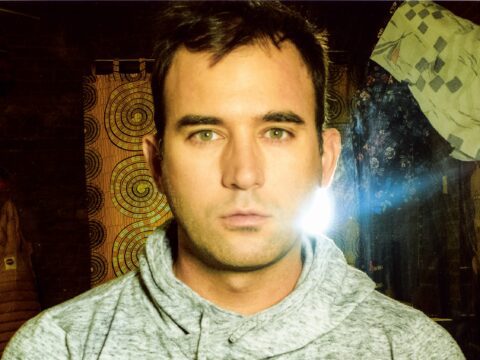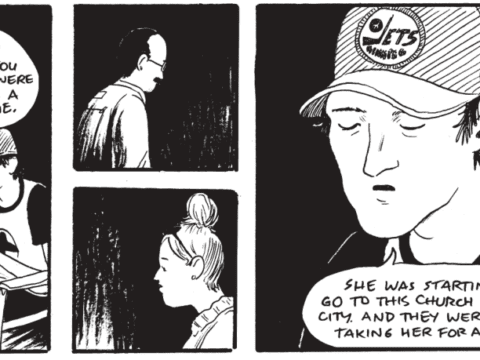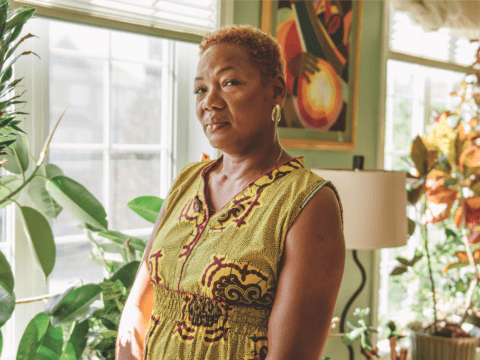Twenty years ago, Cheryl Bradbee built an ark. Working with an architect, she and two friends designed a beautiful 600-square-metre house with walls made of straw bales covered in concrete. Thick walls keep it warm in winter and cool in summer without air conditioning. Sunlight heats the water. A third of the electricity comes from photovoltaic cells. Runoff water flows into the garden, full of rare flowers and native plants. Chipmunks, squirrels, birds, foxes, skunks and opossums have taken refuge in the yard, despite its residential surroundings in Mississauga, Ont.
“An ark is any vehicle metaphorically that transports you or other species through climate chaos,” Bradbee told the Toronto Star.
Bradbee has a PhD in architecture, history and planning, and teaches at Humber College and Ryerson University. One of the most important lessons she teaches her students is how to build their own arks. In a course she created for Humber, Bradbee challenges her students to come up with ideas within their own disciplines to help communities increase their resilience to climate emergencies. Last year, one student found a technological fix that would make Toronto streetcars more resistant to extreme rain events. Another imagined how British Columbia’s ski slopes, which draw huge quantities of water from rivers and lakes to create artificial snow, could be managed more ecologically.
Bradbee says many students come to her class with little or no education about the climate crisis. “The students we are turning out today, most of them have no knowledge about what is going on around them environmentally,” says Bradbee. “They have no clue that they will spend the whole of their lives dealing with one crisis after another.”
More on Broadview:
- Willie Jennings on the intersection of climate and social justice
- Tzeporah Berman on not looking away from the climate crisis
- A ‘Christian animist’ on God in nature
After each class, Bradbee checks in with her students to see if they are getting overwhelmed by the information. “At one point, they looked at me and said, ‘Cheryl, actually learning all this is increasing our mental health,’” she says. “Learning that, yes, it’s dire, but actually there are things you can do, makes them feel better.”
In 2018, after nearly two decades of living together, Bradbee and her co-owners of the straw-bale house decided to part ways. Bradbee bought them out and sold the house. Now she wants to build another ark — perhaps buy a degraded farm, let the land rewild, and build housing that’s affordable and has a net-zero energy footprint.
Before getting her PhD, Bradbee did community organizing in Toronto as a lay pastor working for a few different evangelical churches. But the churches’ attitudes toward women and their dismissal of the ecological crisis frustrated her. “It seemed immoral to me,” she says. “I just couldn’t understand how they looked their children in the eye.” Bradbee hasn’t attended church much in the past 20 years. Instead, she’s found ways to work with people, both religious and not, who are building the kind of resilient communities that she believes will be necessary to weather the crisis ahead.
These days, she finds her spiritual grounding in the soil, in her garden and the creatures that take refuge there. “There are days I want to go out and lie down on the ground and weep,” she says. She describes her spirituality as learning to recognize life in all its forms. “Everything in our consumer culture mitigates against recognizing life. We have to both embrace life and demand it. This planet embraces life. It’s astounding that it does. It’s the only planet that does.”
This story first appeared in Broadview’s October 2020 issue.
***
Josiah Neufeld is a Winnipeg-based magazine journalist and fiction writer.
I hope you found this Broadview article engaging. The magazine and its forerunners have been publishing continuously since 1829. We face a crisis today like no other in our 191-year history and we need your help. Would you consider a one-time gift to see us through this emergency?
We’re working hard to keep producing the print and digital versions of Broadview. We’ve adjusted our editorial plans to focus on coverage of the social, ethical and spiritual elements of the pandemic. But we can only deliver Broadview’s award-winning journalism if we can pay our bills. A single tax-receiptable gift right now is literally a lifeline.
Things will get better — we’ve overcome adversity before. But until then, we really need your help. No matter how large or small, I’m extremely grateful for your support.
Jocelyn Bell
Editor/Publisher















